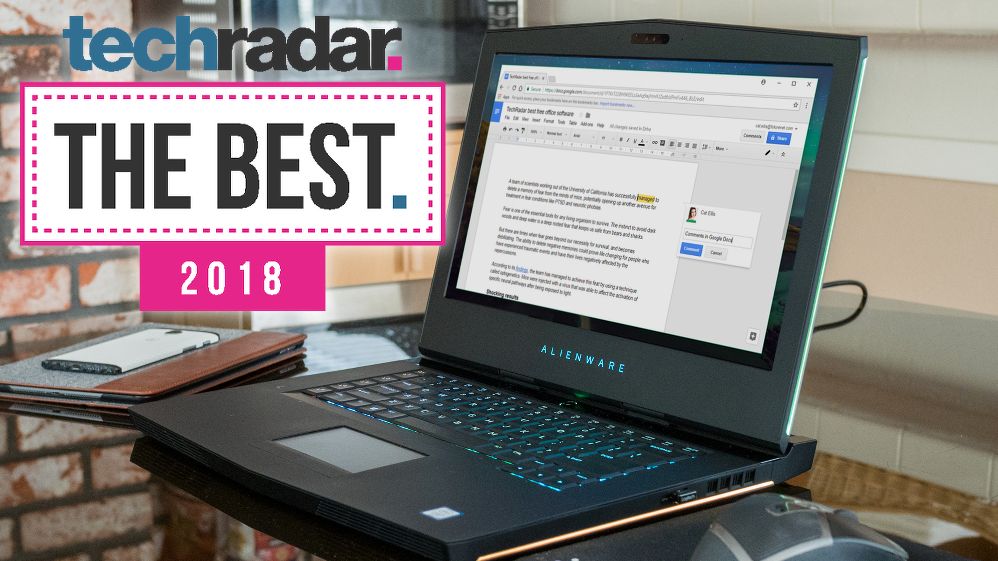
Who creates, maintains, and distributes the tool? What is the cost?
One of the primary differences between EndNote, Zotero, and Mendeley is the organization and people who create, maintain, and distribute the tool. Depending on how you feel about personal information, corporations, and networking, you may choose one tool over another. Storage is not unlimited for any of the tools, as your library expands you may need to eventually pay for storage either in the cloud or on your device.
Input bibliographic data for multiple kinds of sources: data sets, government documents, films, art exhibits, journal articles, books, pamphlets, etc. Then use that data to create a citation for each. Jaume Batlle 19th December 2018. Completely agree. Maybe work can focus in two areas: polish the built-in library to make it suitable for users not in need of an ISO or ANSI grade stuff, so all children in school can use it, and, on the other hand, help in having a perfect integration of Zotero plugins and the like for College users and researchers who need a more sophisticated control of. There are now many bibliographic management packages available and many factors to consider when choosing the product that best meets the needs of the individual user or institution. Popular tools include RefWorks, EndNote, Zotero, Mendeley, and F1000 Workspace. As Blake (2018) has shown, the level of CO2 in the atmosphere is rising dramatically. Blake warns that the “level of CO2 in the atmosphere is rising dramatically” (2018, p. As you can see from these two examples, the year and page number are placed within the parentheses. Answered on August 18, 2018 (updated on December 30, 2020) How to cite a movie in APA, MLA, or Harvard style Answered on August 18, 2018 (updated on December 30, 2020 ).
.jpg)
- EndNote Web is free. EndNote Desktop is not. They are designed to work together, and are produced and maintained by Clarivate, a large, global publisher and information management corporation. EndNote is part of Clarivate's Web of Science Group of products. Fordham IT purchases a license to distribute EndNote Desktop to members of the Fordham community who have a valid access IT username and password. Fordham IT also embeds the EndNote software into Fordham Microsoft Office applications. If you work at a Fordham owned computer, or download Microsoft Office from Fordham IT, EndNote will be embedded. If you leave Fordham University, you will need to either upload all of your content to the free web version of EndNote, transfer your EndNote Desktop access to a license purchased by another institution, or purchase EndNote Desktop access on your own.
- Zotero is free. It is a project of the Corporation for Digital Scholarship, a nonprofit organization dedicated to the development of software and services for researchers and cultural heritage institutions. It is open-source, meaning that if you have an idea and skills to improve the tool, you can download the code, build something, and contribute to the Zotero project. Zotero depends on users to provide feedback, ideas, code, and documentation to support the tool. You can, however, use Zotero without contributing money, code, ideas, or feedback. It is totally free and totally independent of your academic affiliation.
- Mendeley is a free reference manager and academic social network. It is owned by Elsevier, a large, global publisher and information management corporation that also owns the Scopus database, the Science Direct electronic journal platform, and many scholarly journals and book imprints. Mendeley encourages researchers to share ideas about source material and discuss developments revealed through the scholarly literature via their online platform. Researchers can create a public profile, join a scholarly social network, find and work with collaborators online, upload content to a shared repository, search for jobs within their field, and discover information about grants and funding opportunities from within Mendeley. When you create a Mendeley account your profile is publicly displayed; you can choose to add details to your profile and reveal them to select Mendeley groups.
LibreOffice has the capability to add references to a document and finally a bibliographical index, which is essential for scientific publications. The style of references depend on the journal and the discipline. So it is common to just add numbers in square brackets like [1] in engineering whereas humanities show name and year like (author, year). And finally the formatting of the bibliographical index is a science itself. LibreOffice can handle this to some extend but not in a nice and convenient way.
State of the Art
The current solution involves a database where users add references per Tools > Bibliography Database, a small dialog to insert a reference field via Insert > Table of Contents > Bibliography Entry…, and the dialog for table and contents with Insert > Table of Contents > Table of Contents, Index or Bibliography using the type Bibliography. References have to be manually inserted in the database by the user, the Short Name/Identifier needs to be introduced by the user in the required citation style. The fields that are presented in the bibliography need to be defined in the entries tab of the table of contents dialog.
Figure 1: Current dialogs to add references and insert a bibliography.
See also our help for more information on the workflow.
Issues and Requirements
Besides the look and feel we collected some issues on Bugzilla. The requests are about formatting and styling (e.g. tdf#121945), compatibility (e.g. tdf#89506), import/export (e.g. tdf#121958) and there are also some bugs (e.g. tdf#105367). In a nutshell, users request import features to easily load a reference from various sources, means to switch from one known reference/bibliography style to another, and several convenience functions.
The requirements are clear, with a lack of required features and without a good UX for reference and bibliography management. To rework the workflow there will be a need for new dialogs, with support to adding references from external sources (fetching references from online identifiers such as DOI, ISBN or PMID, load references from clipboard, CSV, Calc, Excel, mariaDB…), easy access to the references (for example we could introduce a sidebar that lists all items and per double-click the selected is taken into the document with the desired reference/bibliography style), means to select different citation styles, to import reference/bibliography styles for different journals from the open-source online citation style language repository and a better integration into the document (ie. to switch from one style to another). Sounds like a plan but it requires a tremendous effort. However, there are alternatives to this effort.
Best Bibliographical Software 2018 Free
The Alternative

Almost every user told us to use one of the well-known extensions from reference/bibliography management software such as Zotero (open source), JabRef (open source), or Mendeley (freemium). The tools are standalone programs with connectors to several word processors including LibreOffice. Focusing on Zotero, as an example, it has a connector for Firefox and Chromium-based browsers that allows to mark a reference via an online identifier and transfer it into the bibliography collection. Zotero can import libraries in various formats and contains of plain-text parsers for extracting citations from other sources. Read also this post by Bruce Byfield about this subject.


While in theory we could implement a comfortable solution, it would consume considerable development resources to simply duplicate the basic functionality already present in these reference/bibliography management programs. Due to the required development resources that would have to be spent, and since there already exists a stellar open-source alternative for bibliography management that integrates seamlessly, we would like to gather input from the community about relying solely on third-party tools to manage references/bibliography.
Best Bibliographic Software
This blog post is the first step to gather input from the community about this potential change. Tell us your experiences and what you think about the idea; please bear in mind that there are no development resources to allocate to work on this feature for the foreseeable future. If there is general agreement we would deprecate the internal bibliography for the 6.3 release and drop it in a later release (potentially 6.4, or maybe 6.5 to better prepare for removal).
Take Our Poll